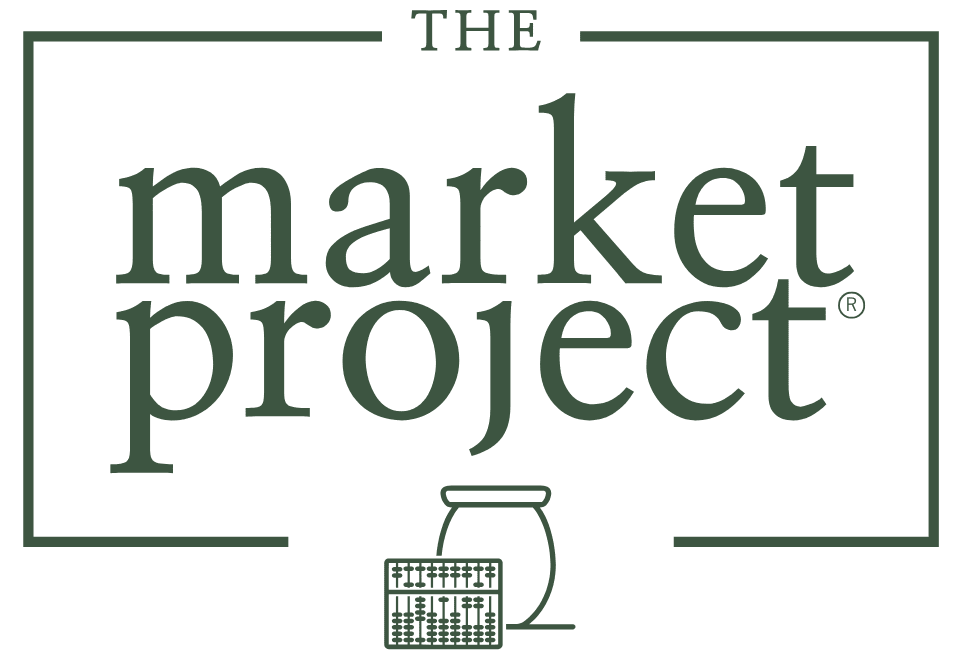Canadian Government to Address First Nations Issues
Canadian Prime Minister Justin Trudeau announces government effort to investigate issues endemic to the Aboriginal Canadian community.
This month, Canadian Prime Minister Justin Trudeau announced that his government would be making concerted efforts to investigate the death and disappearance of more than a thousand Indigenous women and girls (a 2014 Royal Canadian Mounted Police report linked more than 1,000 deaths to the period between 1980 and 2012).
The Prime Minister is acting on his 2015 election slogan “Real Change”. According to his government’s website, the national public inquiry will “seek recommendations on concrete actions that governments, law enforcement, and others can take to solve these crimes and prevent future ones.”
Owing to almost two centuries of colonial rule, individuals of Aboriginal (First Nations, Inuit, or Metis) ancestry remain the most disadvantaged men and women in Canada. Under a policy that ended only in 1996, Aboriginal children were forcibly removed from their families in order to attend state-run boarding schools where they were often subject to cultural assimilation, all manner of abuses, and substandard living conditions.
Today Aboriginal Canadians experience higher rates of suicide, substance abuse, and imprisonment. Women and girls are particularly at risk of exploitation and trafficking. Under conditions exacerbated by systemic violence and poverty, women and girls often go missing or are murdered at a rate disproportionately high compared to the rest of the population in Canada. For many Aboriginal Canadians, especially those who are between the ages of 16-30, hope for a bright future is elusive.
Economically destitute, median incomes for Aboriginal individuals are 30% less than those of non-aboriginal descent. The Aboriginal unemployment rate of 14.6% is almost double the non-Aboriginal rate, and nearly one-in-four Aboriginal youth in British Columbia is unemployed.
Speaking to an assembly of chiefs in Ottawa, the Prime Minister said, “it is time for a renewed nation-to-nation relationship with First Nations peoples.”
Stay up to date on our impact
Join our email newsletter to hear stories of our work.
